(AfroGamers.com) In 1979, the Eagles released “I Can’t Tell You Why”. The song was a hit off their album The Long Run. That statement comes to mind when wondering what it is I love about Ubisoft games. They’re a studio in my Big 3 along with Nintendo and Bethesda as far as titles I’ll return to even if they released on older consoles years or decades ago.
However, there’s something a little different about Ubisoft compared to those two that I really love and make that studio’s games something I’ll just sink time into endlessly. Not only that, I’ll notice several hours have passed and I was busy in the world Ubisoft created for this project.
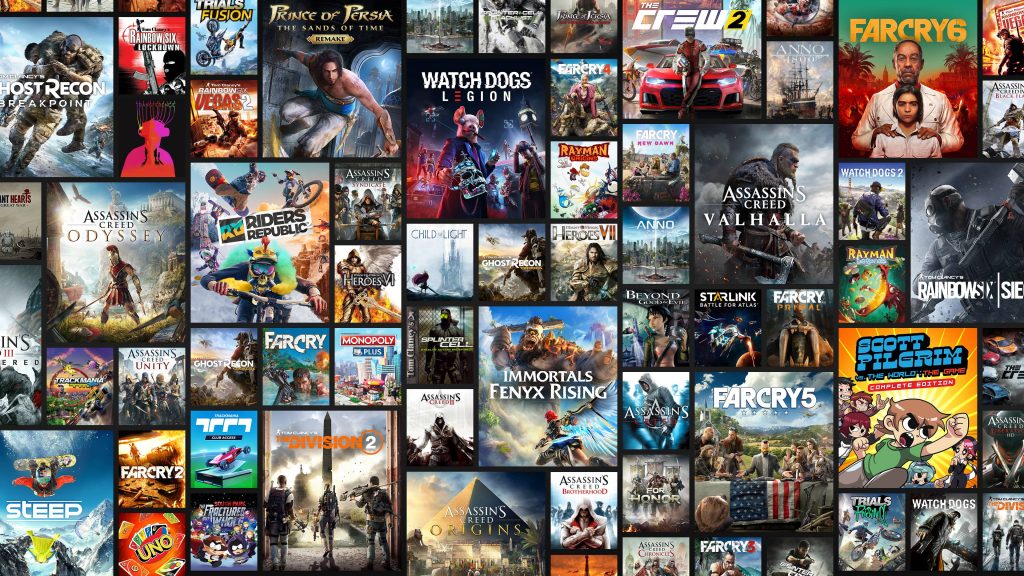
Ubisoft Brings Near Flawless World Design
Big open worlds to explore has been big in gaming for almost two decades now on console. With each generation, the worlds get bigger and livelier. It went from just having a large map to NPCs having actual schedules throughout an in-game day. Like, there’s even times when NPCs pack it in and go to bed! Who would’ve imagined that while playing Castlevania II in 1987?
It was something I longed for after playing Final Fantasy VII on PSX. Shoutout to advances in hardware and programming for that. However, the world itself in these games allow you to really explore as every developer likes for players to do. I’ve always maintained that true exploration in a game only comes from both an open world and a non-linear experience.
You can’t move a player along for the story while having this world modeled after NYC or LA. You have to let the player do as they do. Give them enough side quests, roaming enemies, activies and mechanics to keep them in the game and keep them playing longer.
It took a while—because of hardware restrictions at different times—but Ubisoft understands this. While the early Assassin’s Creed games were somewhat linear in that they didn’t offer enough to do outside of the main mission and those uninteresting side quests, the exploration was enough to sate me until ACIII came out—and your boy had a blast running around the late 18th century New England colonies.
Later games would expand upon these and new mechanics would be introduced and used in some form in other titles. That works just fine for me, especially when the mechanics were fun to play with. Sometimes, they’re better than they were in the original game it came from!
Mastery of Mechanics
Bethesda has some mechanics that they’ve mastered and will introduce a new one with each new major entry. Ubisoft does the same but in greater volume—there’s a reason for that and it will be our next one! The developer will introduce something in The Division and you might see it in another Watch Dogs or Ghost Recon game. The prime mechanic has always been crafting which differs from title to title but is always reworked for the follow-up. On occasion, it might be scrapped entirely.
A prime example is crafting in AC Valhalla being the best in the franchise. Crafting between ACIII/Black Flag didn’t experience a massive jump by Origins, Odyssey, and Valhalla but the addition of improved skills and levels to skills saw a significant jump with Orgins and Odyssey.
However, Valhalla really took the cake in the franchise with this skill tree. Its fabulous and reminds me of a more flexible Elder Scrolls V: Skyrim. It makes the play think more strategically about crafting because these resources and gold aren’t necessarily flowing into Eivor’s pockets!
I’ll say the same is true about Far Cry 5 and 6, the absence of a skill tree in favor of an armor-linked bonus makes crafting and reconfiguring your weaponry and Amigo more tactical. Really loving my stealth-focused build in FC6 and that’s all thanks to the union between crafting, the armor sets, and fairly challenging combat AI.
Consistency Between Games
Consistency manifests in different ways. Nintendo has a certain level of quality you can expect. Bethesda tends to stick with themes and world lore perfectly. Ubisoft is the iron horse. The studio has multiple active franchises and manages to drop a new game in that franchise with pretty good regularity.
You’re not going to wait six or ten years between AC games and if there is a lengthy development period, Ubisoft has a few other long-running franchises to dive into if you need to scratch that open-world itch. It’s very rare that you’ll go “Ubisoft doesn’t have anything else to play?” when the catalogs are as deep and plentiful.
Now, some games might come off as dated if you played the recent ones but most hold up on the gameplay and storyline front bar for the story in Ghost Recon. Far Cry has gotten better with story and you can tell Ubisoft really utilizes their cultural team to make sure even the fictional location is authentic its real-world inspiration during a specific period.
It’s just what Ubisoft does. But let us know: do you have a favorite—or more than one—franchise from Ubisoft? What’s your favorite and least favorites in the franchise?
Staff Writer; M. Swift
This talented writer is also a podcast host, and comic book fan who loves all things old school. One may also find him on Twitter at; metalswift.


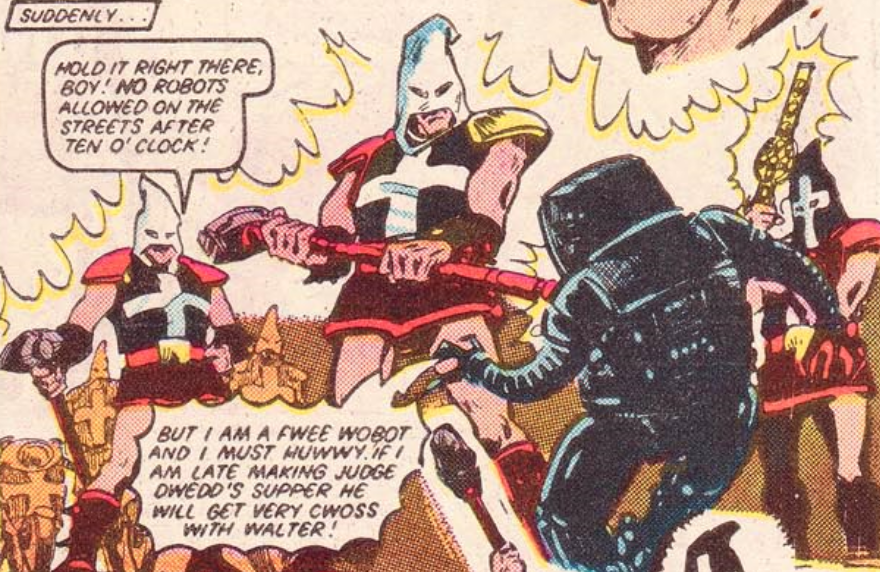







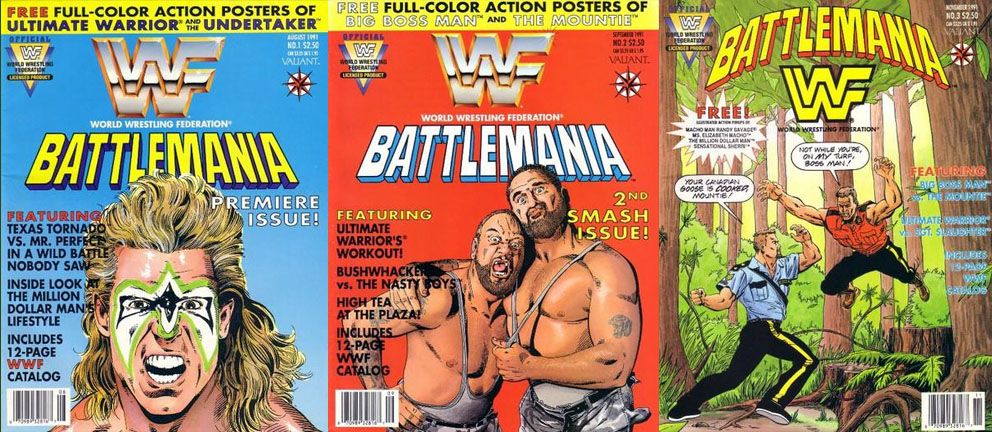

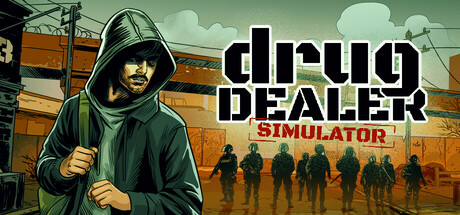
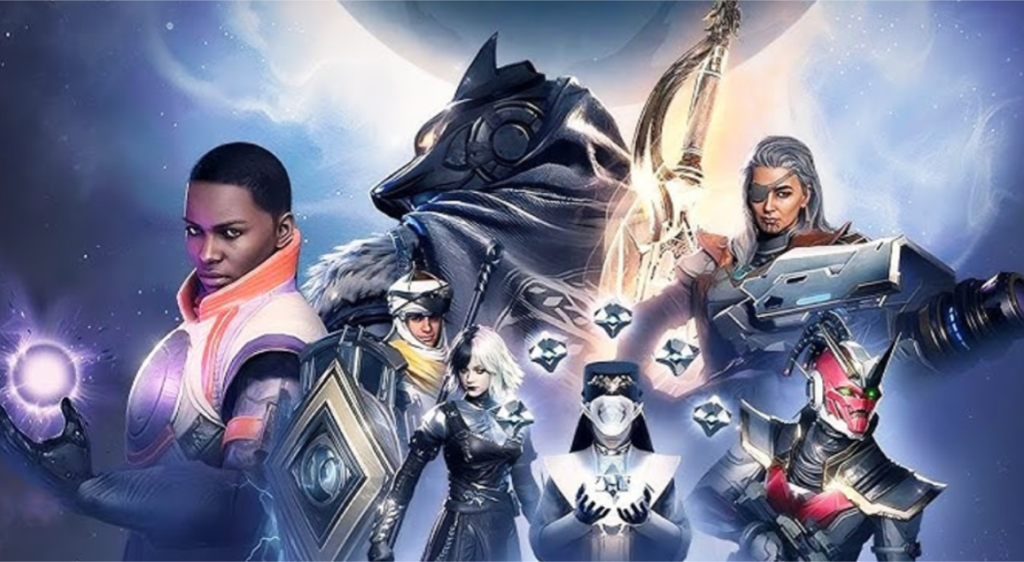
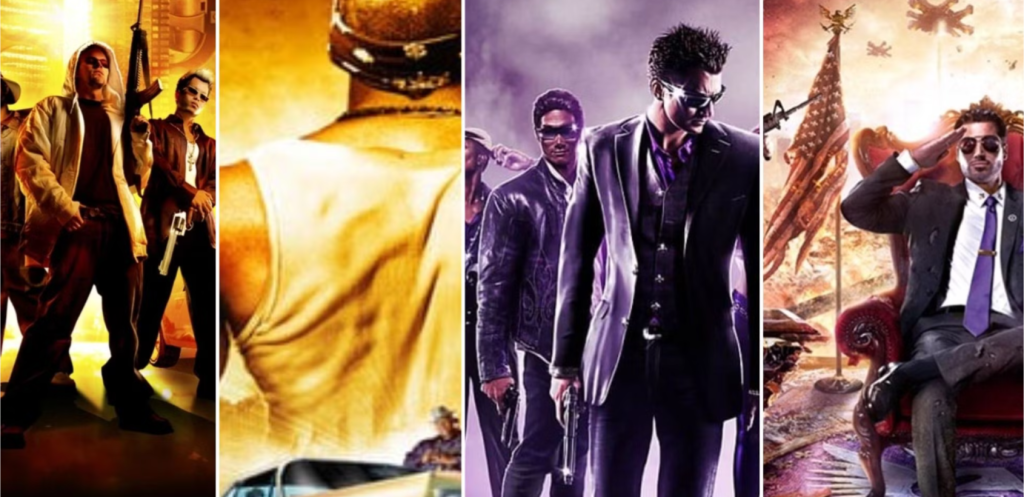

Leave a Reply